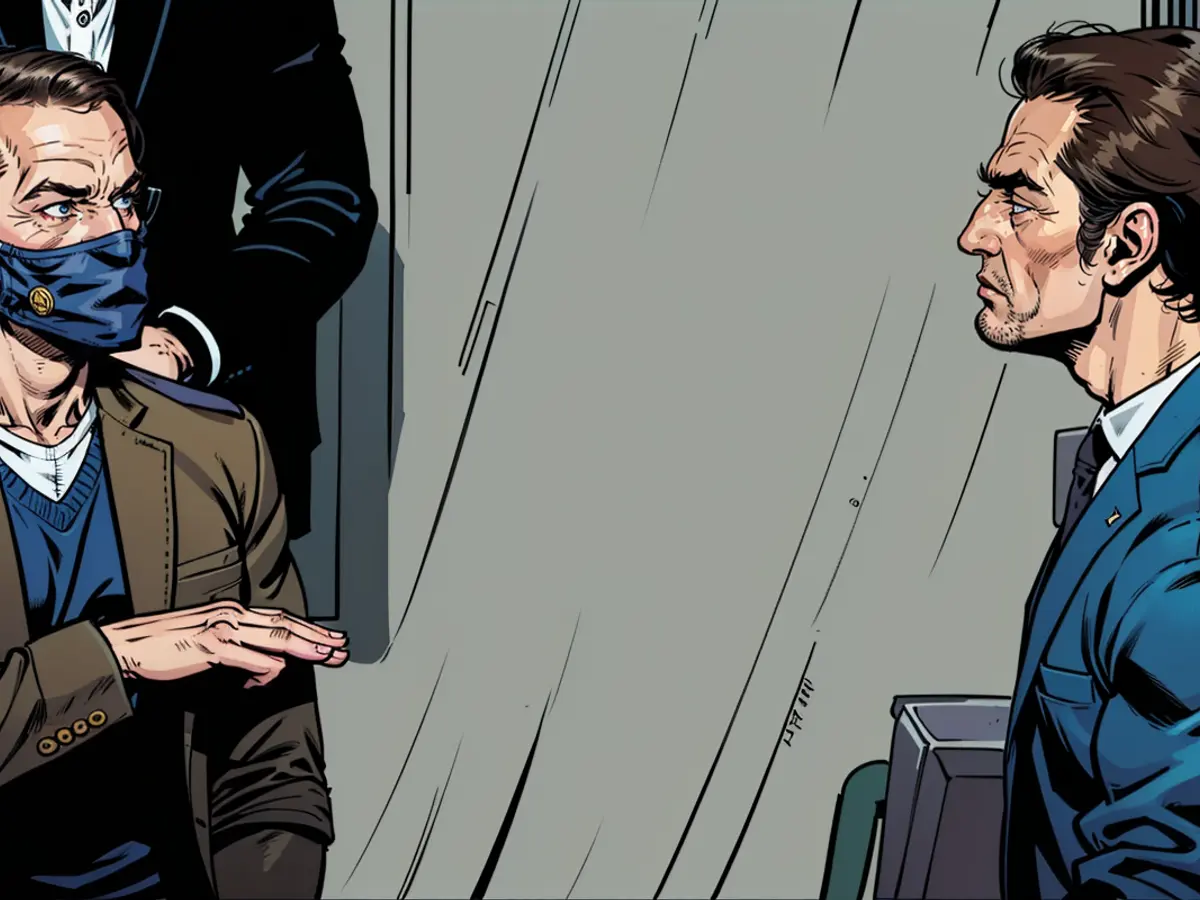The SPD and FDP are engaged in a dispute over COVID-19 responses.
The question of how to handle coronavirus policy accountability has caused a rift, specifically between the FDP and SPD. The FDP advocates for setting up an inquiry commission or parliamentary committee, while the SPD favors assembling a citizens' council. Instead of resolution, there's criticism.
According to the FDP parliamentary business manager, Stephan Thomae, the party will not back the SPD's citizens' council proposal. He terms it a "pseudo-enlightenment" and accuses the SPD of lacking genuine interest in clarification.
On the other hand, SPD faction vice-chair Dagmar Schmidt told associates of the Neue Berliner Redaktionsgesellschaft (NBR) that they've yet to secure FDP consensus for a comprehensive and lasting assessment of the coronavirus pandemic as desired by the SPD. She alleges that the FDP has been non-cooperative.
Chance selection or choice?
Initially, the SPD suggested a citizens' council, modeling a first such parliamentary body with randomly selected members making recommendations on nutrition policy. The FDP, however, proposes an inquiry commission with parliamentarians and experts.
Thomae underlined that a sole societal processing of the coronavirus pandemic through a citizens' council, as advocated by the SPD, is inadequate. The FDP advocates for an all-encompassing political and scientific processing, having advocated for a parliamentary investigative committee earlier on. They believe an actual inquiry commission involving scientists is crucial to prevent repetition of mistakes.
Is the SPD softening proposals?
Delving into the debates within the traffic light coalition, Thomae referred to "attempts to dilute and weaken our proposals." He suggested, "Apparently, the SPD has no genuine interest in a thorough investigation."
The coalition partners agreed before the summer break on a critical review of the pandemic. Chancellor Scholz supported the citizens' council format. The Greens, the coalition's third partner, recently showed openness to both a citizens' council and a commission. They maintain that the primary goal is to assess coronavirus policy.
The primary responsibility for coronavirus policy lay with the Federal Ministry of Health, led by CDU politician Jens Spahn during the pandemic outbreak and the initial surge in Germany. Following the 2021 federal election, SPD politician Karl Lauterbach assumed the role. Policy direction was dictated by Chancellor Merkel's office and later Chancellor Scholz.
Demand for Investigative Committee from BSW and AfD
Schmidt expressed a wish to scrutinize every level: federal, state, and local, as well as engage citizens. She added, "Unfortunately, our high demands for sustainable processing of the pandemic could not be met with the FDP."
Responsible CDU MP Philipp Amthor viewed this as "another instance of the incapability and inability of the traffic light coalition to act and agree." The "Bündnis Sahra Wagenknecht" (BSW) had called for a coronavirus investigative committee a few days ago, with the AfD providing support.
Jens Spahn, the former CDU politician who led the Federal Ministry of Health during the coronavirus pandemic, has been mentioned in relation to the policy accountability. According to the text, policy direction was dictated by Chancellor Merkel's office and later Chancellor Scholz.
Amidst the debate between FDP and SPD on the best way to handle coronavirus policy accountability, the SPD faction vice-chair Dagmar Schmidt mentioned that they've yet to secure FDP consensus for a comprehensive and lasting assessment of the coronavirus pandemic. She accused the FDP of being non-cooperative.








